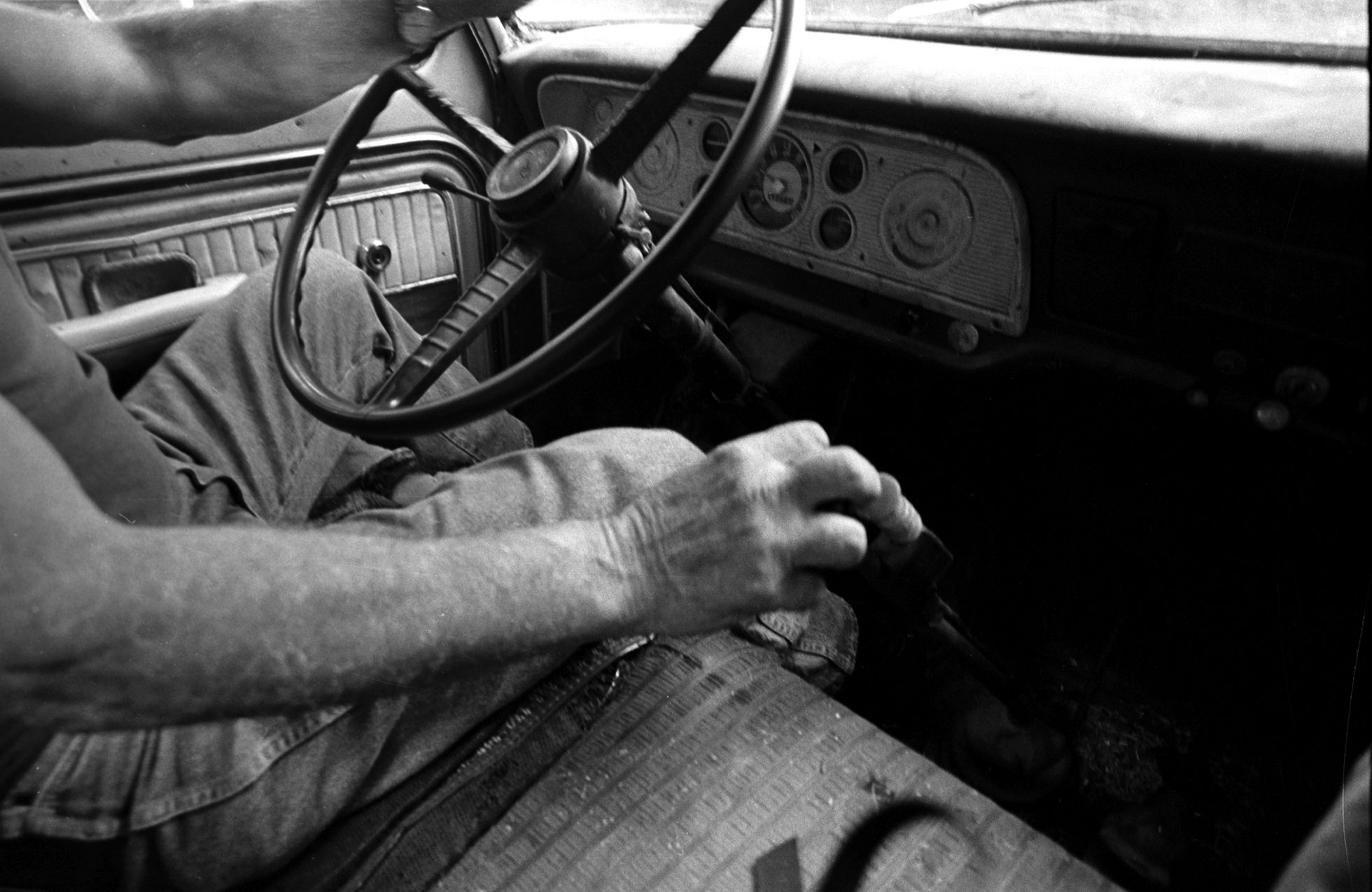— for my father
1.
On Saturdays when your brothers
and their sons drove pickup trucks north
towards the dam, searching in coulees for animals,
boxes of rifle cartridges rattling a song of bones
among the thermoses of dark coffee and layered
sandwiches made by drowsy wives
in half-lit kitchens — you drove our station wagon
ten miles to the county dump, walked alone
through sagebrush and gravel to shoot broken
washing machines, line up the empty
mayonnaise and applesauce jars
Mother saved for you under the kitchen sink.
You bought your shotgun shells at Kmart,
two boxes a year, never ate the venison
and elk your brothers stacked in our freezer.
You kept your only gun in the cabinet
you’d carved in wood shop with your best friend Doug
the year before half the class
was sent to Vietnam.
2.
At the First Baptist Church,
you helped the other deacons dispense
tiny cups of grape juice like vials of blood,
bestow broken crackers of flesh
to rows of bowed recruits. For years, Father,
you took turns driving the Sunday-school bus,
making sure each kid arrived home safely,
even the Sunday in May when Mount Saint Helens blew
and the sky turned black, a blizzard of ash
like the end of the world. . . .
But you never went fishing
with the other deacons, not even when
Pastor Lind invited you himself.
The only time you said yes
was when an old man I’d never seen before
stopped by with a new silver boat and a beat-up truck
and offered to take you fishing on the Columbia
like he bragged he had years before
on his son Doug’s sixteenth birthday.
When you got home, you slept for a week,
wouldn’t let Mother clean the salmon
stinking in the ice chest.
3.
You talked about Doug only once,
when my sisters and I found your old high-school album.
His picture had a black circle around it,
BEST FRIEND DOUG written in bold letters
over the faded faces of other classmates —
some of whom, like you, never went to Vietnam.
Some, like Doug, have their names etched now
on a wall you can’t hurdle, Father, even in sleep.
Though you always claimed otherwise,
Mother told us you’d hoped one of your daughters
would be a son, to name after the friend
whose pickup truck you worked on
every weekend your senior year in a garage
that smelled so strongly of gasoline
Mother could detect it days later on your hands,
especially the time you skipped history class
to make love with her in the bed of Doug’s truck —
the very act that in ’68 would keep you alive
and working double shifts at American Potato
to pay for rent and diapers and milk and gas
while your best friend disappeared
into a jungle, taking with him all the sons
he and you would never have.





